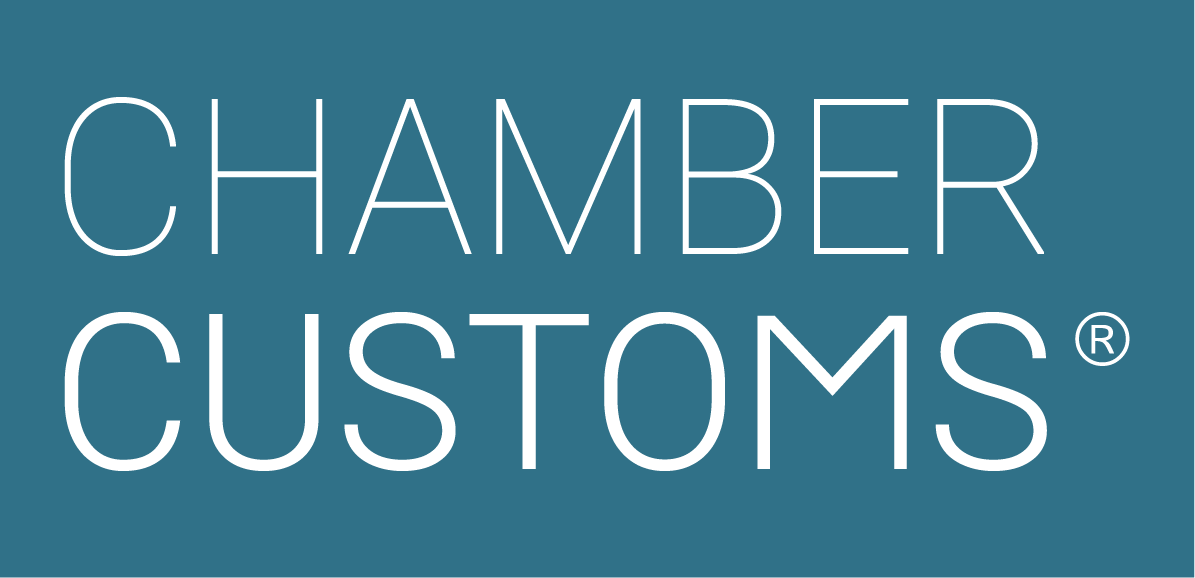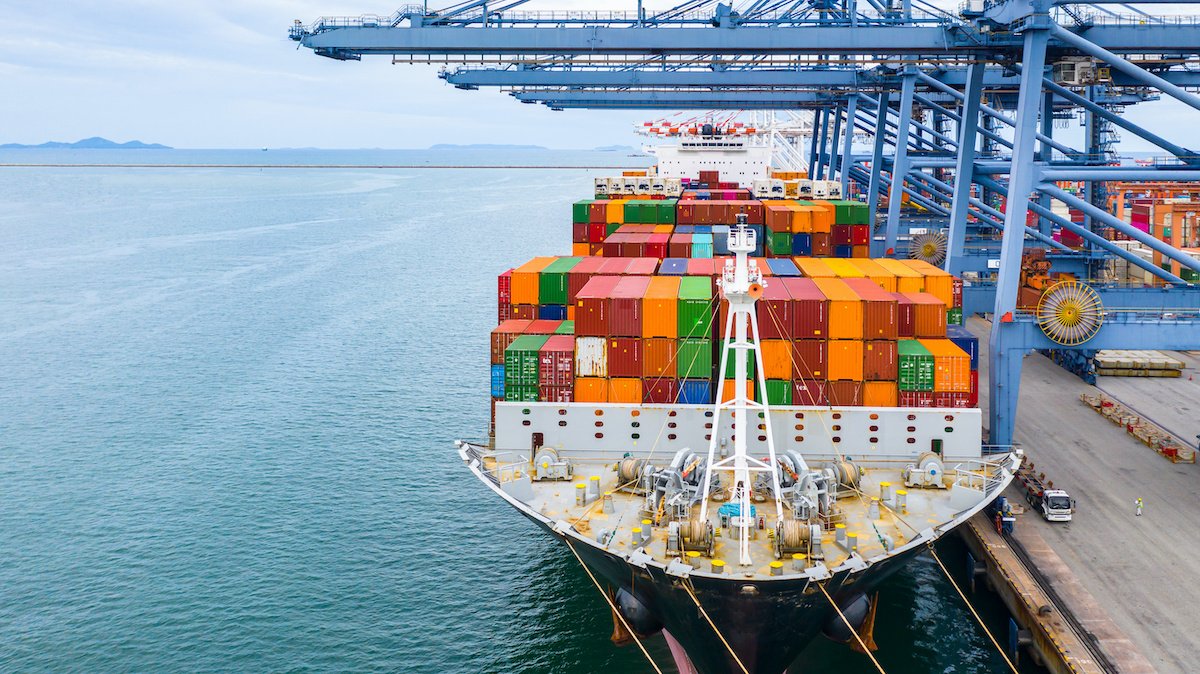International Trade
This page covers the following questions:
What certification do I need to start importing and exporting?
What are the biggest challenges that face import and export businesses?
What challenges do businesses have when starting in import and export?
What is Cross Border Protection (CBP)?
What certification do I need to start importing and exporting?
The primary step, of course, is to go through the usual protocol of registering as a business with Companies House and obtaining an EORI number from HMRC.
There isn’t a formal certification that you require to start trading internationally. However, numerous ChamberCustoms training programmes are available to help you learn what you need.
One of the most important aspects of trading internationally is establishing the correct trading terms. Incoterms® offer an internationally recognised framework to establish clear responsibilities between buyers and sellers.
What are Incoterms?
Incoterms® offer a framework with different scenarios of responsibilities between the seller and buyer.
They help the parties clarify where the goods change ownership and who is in charge of what step.
Have you considered, for example, who is responsible whilst the goods are in transit? Or who is liable for damages during loading/unloading?
These little nuances often catch out many trading businesses.
Your ChamberCustoms clearance agent will guide you through this process. Incoterms affect the valuation of your product and establish who is responsible for the customs clearance. Your company will need to declare the Incoterms on customs declarations.
What are the biggest challenges that face importing and exporting businesses?
The biggest challenges facing businesses include identifying the correct product classification code and understanding rules of origin.
If you want to calculate the duty payable at import for your goods, you can try out our free Import Tax Calculator here:
Understanding Rules of Origin, i.e. the passport of your imported goods, is vital, so we have created an ultimate guide on Rules of Origin, including the frequently asked questions answered, why Rules of Origin is so crucial in 2022.
ChamberCustoms agents can guide you through all of these processes. Businesses retain the liability for the classification of their goods, so customs brokers/customs clearance agents should highlight to customers if it looks like you have used an incorrect tariff heading.
Classification Codes
When people are unsure of the classification code, trading companies can get help from their customs broker/agent who can assist and connect with HMRC and a team of specialists.
There are also special rulings that you can check online. When other businesses have been in similar situations and received a ruling, you may be free to use the same classification.
Did you know?
Commodity codes are harmonised worldwide, meaning that the first six digits should be the same at export and import, regardless of the countries involved. The first two digits are the chapter headings; then the next two are the subchapter heading, and then the other two are the different classification levels.
What challenges do businesses have when starting in import and export?
Businesses that have not imported or exported before face various challenges.
The terms of trading with foreign parties should be agreed to carefully and ideally in line with the internationally agreed scheme of Incoterms® rules as described by the International Chamber of Commerce.
The Incoterms chosen will indicate which party is responsible for what, including straightforward transport and customs clearance responsibilities on each side of the border. Using incorrect trading terms internationally can be a costly mistake.
A customs clearance agent is essential for any business trading internationally - they are knowledgeable and can guide you through a highly complex landscape and help you choose the correct Incoterms®.
Depending on the type of trade, there may be special procedures available to reduce the duty/vat payable and preserve the origin status of goods if they’re only temporarily imported/exported.
Imagine the scenario: you're bringing textiles from China into the UK, and then you're sending them out to Italy to apply a special coating. Then you get them back into the UK to convert the fabrics into garments. There are special customs procedures in place that you can use to minimise the import duty and VAT when the products come back from Italy. If you don’t use the correct procedures, you may have to pay full import duty and VAT again when the fabrics come back from Italy.
Many other scenarios could apply. Knowing the different rules that may apply can be the difference between being competitive in the international marketplace or not.
What is Cross Border Protection (CBP)?
Cross border protection is in place to protect the flow of trade and goods going into the EU from the UK and into the UK from the EU. CBP aims to stop smuggling. It is particularly relevant along the border of Northern Ireland since Northern Ireland bridges the UK with the EU. Goods can move freely on the island of Ireland, between Northern Ireland and the Republic of Ireland. For this reason, this is considered a potential route for smugglers and Cross Border Protection or CBP is in place.
Please note:
Since January 2021, all goods moving between Great Britain, the European Union, and countries outside the EU require a customs declaration. HMRC put easements in place to make things easier for internationally trading companies. However, as of January 2022, these have been lifted, and full customs controls are now in place.




